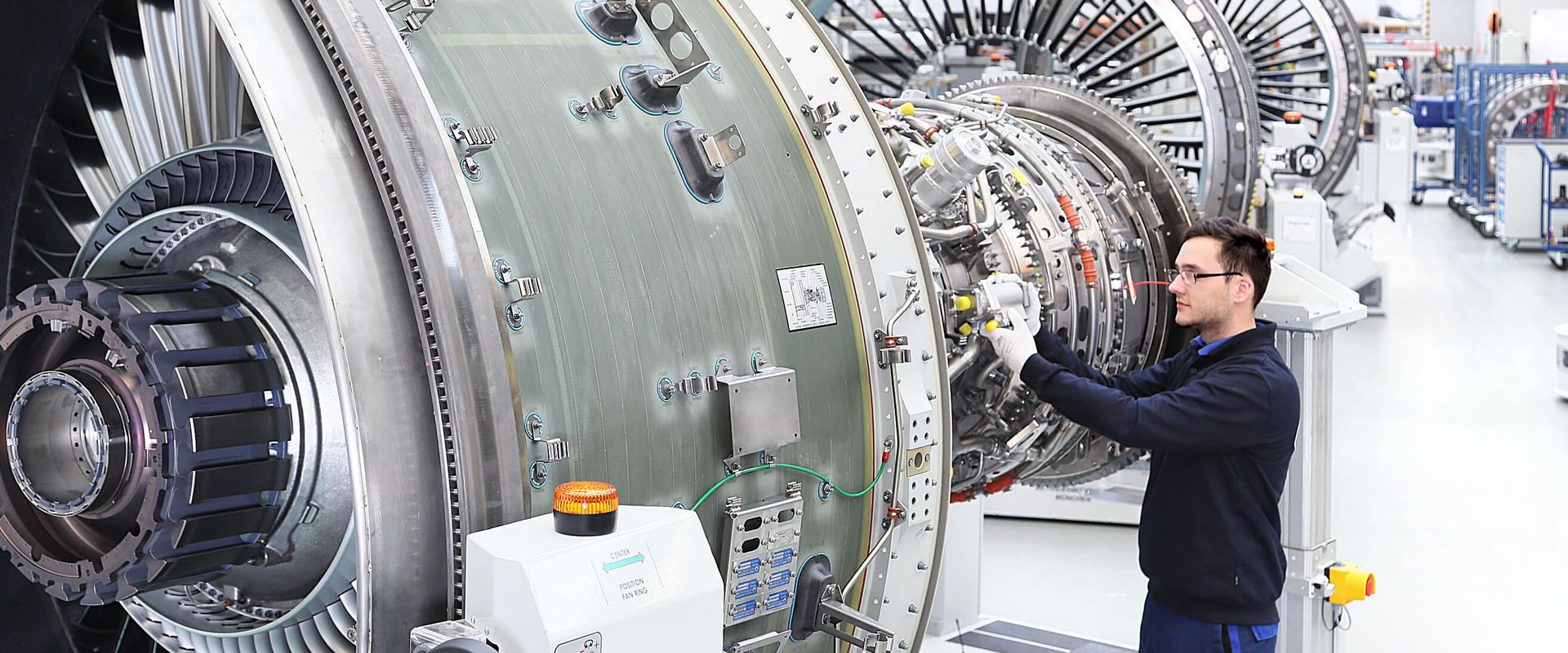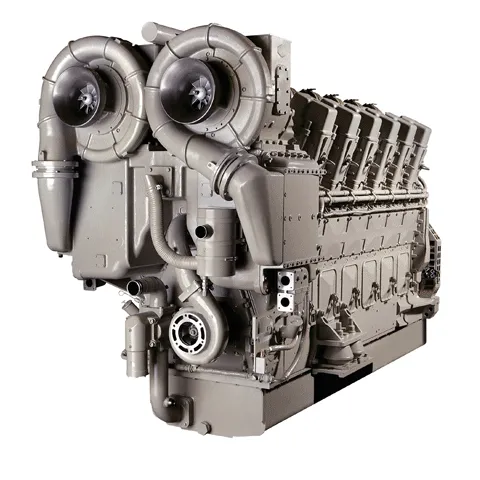What Sets Engines For Africa Apart in the Sector
What Sets Engines For Africa Apart in the Sector
Blog Article
Discover a Variety of Engines for every single Vehicle and Purpose
The vehicle landscape is increasingly complex, with a diverse array of engine types created to fulfill certain efficiency and performance needs throughout numerous automobile groups. From the high-performance engines that power sports vehicles to the fuel-efficient options tailored for daily commuting, the choices are vast and differed. In addition, heavy-duty engines serve the demands of job automobiles, while environment-friendly choices are gaining traction in the pursuit of sustainable transportation. Understanding these differences is crucial for making informed decisions, specifically as arising modern technologies remain to shape the future of automotive engineering. What ramifications might these innovations hold for consumers and producers alike?
Kinds Of Automotive Engines
Automotive engines can be classified into numerous unique kinds, each designed to satisfy certain performance and performance requirements. One of the most typical categories consist of inner combustion engines, electric engines, and hybrid systems.

Electric engines, on the other hand, operate on electric power saved in batteries, offering instantaneous torque and zero discharges. These engines are coming to be progressively popular because of advancements in battery technology and the expanding focus on sustainability.
Hybrid systems integrate both inner burning and electric engines, allowing lorries to optimize gas effectiveness and lower emissions by flawlessly switching in between power sources. Each engine type offers its benefits and downsides, influencing aspects such as car layout, intended use, and market demand. When selecting the suitable engine for their certain needs., comprehending these distinctions is crucial for consumers and producers alike.
Performance Engines for Sports Cars
Efficiency engines for cars are especially crafted to provide improved dexterity, rate, and power, establishing them in addition to typical automotive engines. These engines frequently make use of innovative modern technologies such as turbocharging, supercharging, and variable valve timing to optimize effectiveness and responsiveness.
Normally, performance engines are made with greater compression proportions, which enable greater energy extraction from fuel. This causes excellent horsepower and torque numbers, allowing rapid velocity and greater full throttle. Moreover, the lightweight products utilized in these engines, such as light weight aluminum and carbon fiber, add to reduced total car weight, boosting handling and ability to move.
Engine setups like V6, V8, and also hybrid systems prevail in efficiency cars, each offering special benefits in regards to power distribution and driving characteristics. The adjusting of these engines is likewise essential; several makers enhance the engine administration systems to give an exhilarating driving experience, commonly consisting of sport modes that adjust throttle action and equipment shifts.
Reliable Engines for Daily Commuters
In the world of everyday commuting, efficient engines play an important function in maximizing gas economic climate and lessening discharges while giving reliable efficiency. As urban populations grow and ecological problems escalate, the demand for automobiles geared up with effective powertrains has surged.
Modern engines designed for day-to-day travelers frequently incorporate technologies such as turbocharging, direct fuel injection, and crossbreed systems. Turbocharging boosts engine performance by forcing even more air right into the burning chamber, enabling smaller, lighter engines that do not jeopardize power outcome. Straight gas injection enhances fuel atomization, bring about much better combustion and raised efficiency.
Crossbreed engines, combining interior burning with electric power, more enhance gas economic climate, specifically in stop-and-go website traffic, where conventional engines can experience inefficiencies. Electric motors help during acceleration and can operate individually at reduced rates, lowering total gas consumption.
Furthermore, advancements in engine management systems and light-weight materials contribute dramatically to reliable engine layout. By concentrating on efficiency, resilience, and ecological sustainability, suppliers remain to supply engines that not just fulfill the needs of day-to-day travelling yet also straighten with global efforts to minimize carbon footprints.
Heavy-Duty Engines for Work Automobiles
Sturdy engines for job cars are regularly engineered to deliver outstanding torque and reliability under requiring conditions. These engines are developed to do in settings where typical engines might falter, such as building websites, logging operations, and agricultural settings. The key emphasis of sturdy engines is More about the author their capability to produce high levels of power while maintaining resilience over extended durations of procedure.
Typically, durable engines make use of innovative materials and robust building strategies to hold up against the rigors of hefty work. Functions such as enhanced cylinder blocks, boosted air conditioning systems, and progressed gas injection innovations add to their efficiency. These engines commonly run at reduced RPMs, which aids to optimize fuel effectiveness while giving the necessary power for transporting and pulling.
Along with mechanical toughness, sturdy engines are often geared up with innovative digital control systems (ECUs) that take care of efficiency, discharges, and diagnostics. This integration permits much better monitoring and upkeep, making certain that work automobiles stay functional and effective.
Inevitably, sturdy engines are a necessary part in the performance of numerous markets, supplying the essential power and dependability to tackle the toughest of jobs.
Eco-Friendly Engine Options
The growing focus on sustainability has caused the growth of environment-friendly engine choices that focus on minimized discharges and improved fuel effectiveness. These engines are created to minimize the ecological influence of automobiles while still providing the performance and dependability expected by consumers.
Among one of the most notable environment-friendly choices are electric and hybrid engines. Hybrid engines integrate standard inner burning engines with electrical propulsion, permitting minimized gas consumption and lower greenhouse gas discharges. Electric engines, on the other hand, operate entirely on battery power, creating zero tailpipe emissions and adding to cleaner air high quality.
One more promising growth is the improvement of biofuel engines, which make use of renewable energies, such as plant materials, to power vehicles (Engines For Africa). By utilizing biofuels, these engines can minimize reliance on nonrenewable fuel sources and reduced overall carbon footprints

As the auto sector advances, green engine alternatives will certainly play an important function in driving the shift towards even more sustainable transport services.
Final Thought
From high-performance engines that improve sports vehicle abilities to reliable versions focusing on gas economic climate for day-to-day travelers, each type offers a details feature. Sturdy engines provide to durable job vehicles, while environmentally friendly choices, such as electrical and biofuel engines, promote sustainable transportation.

Report this page